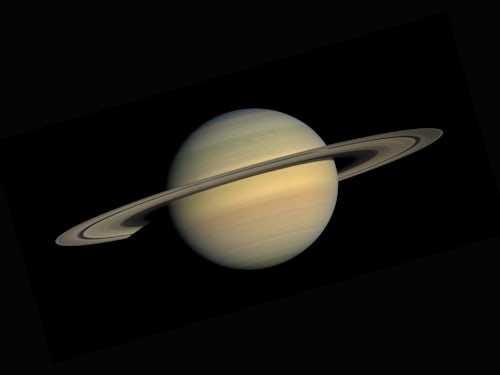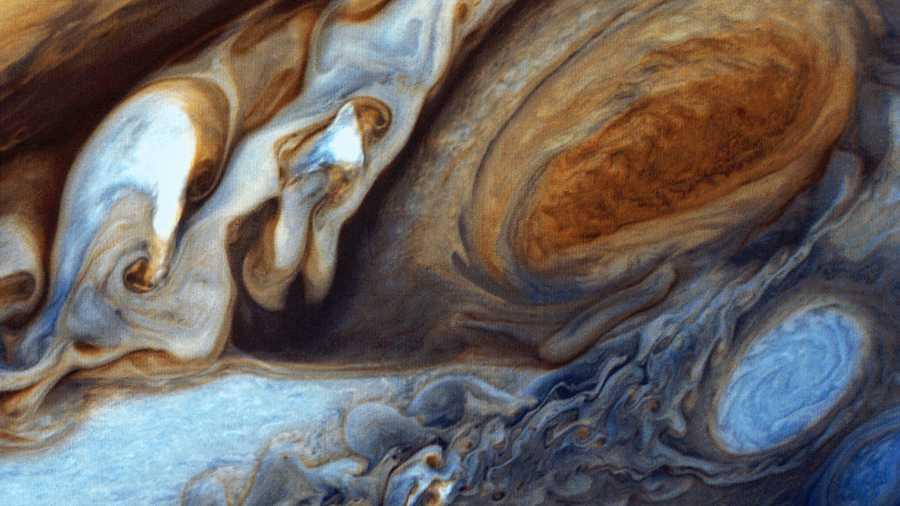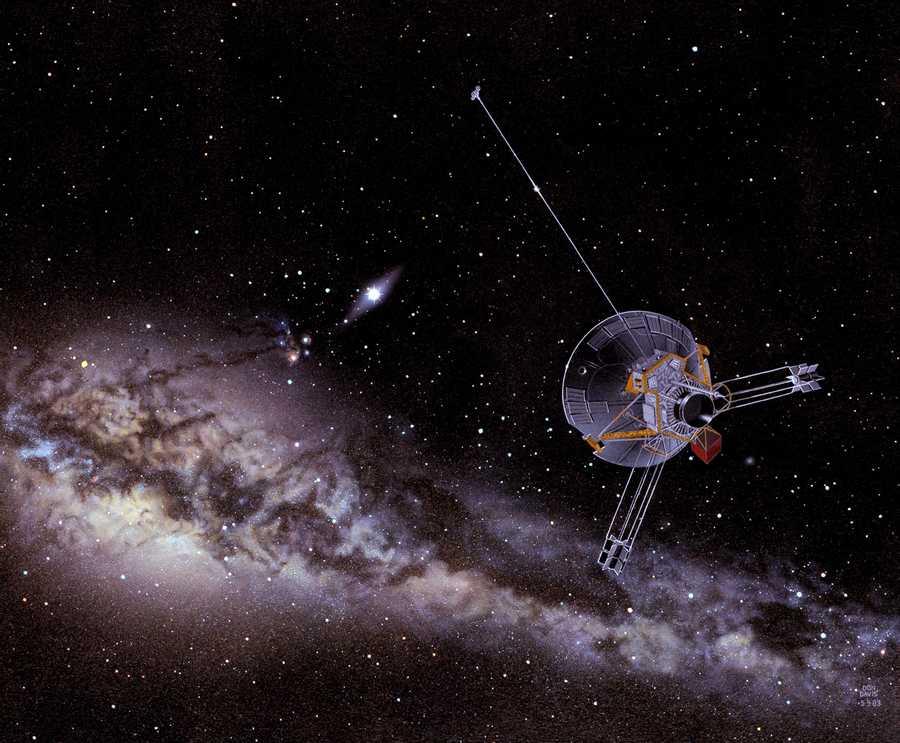Galileo's discovery
So, why do the moons arround us have names, while our moon is just the moon?
When the moon was named, people only knew about our moon. That all changed in 1610 when an Italian astronomer called Galileo Galilei discovered what we now know are the four largest moons of Jupiter.
Other astronomers across Europe discovered five moons around Saturn during the 1600s. These objects became known as moons because they were close to their planets, just as our own moon is close to the Earth.
It’s fair to say that other moons are named after our own moon.
The newly discovered moons were each given beautiful names to identify them among the growing number of planets and moons astronomers were finding in the solar system.
Many of these names came from Greek myths. The four large moons Galilei discovered around Jupiter were named Io, Europa, Ganymede and Callisto.
21
125 reads
CURATED FROM
IDEAS CURATED BY
I'm passionate about helping people live their best lives. I'm a lifestyle coach & burnout coach.
The idea is part of this collection:
Learn more about leadershipandmanagement with this collection
The importance of physical activity
The role of genetics in lifespan
How to maintain a healthy diet
Related collections
Similar ideas to Galileo's discovery
Where the names of the planets came from
Sumerian astronomers named the sun, moon, Mercury, Venus, Mars, Jupiter and Saturn after their gods. Ancient China named planets after things of nature, like water, fire, or wood. The English names for planets came from the Romans, who named them after their gods and goddesses.
More distan...
Exploration
Nine spacecrafts have studied jupiter up close. NASA'S Juno spacecraft is currently studying the gas giant planet from orbit
The spacecraft, which arrived at Jupiter in July 2016, is the first to study the planet's mysterious, cloud-shrouded interior. Scientists also use the Earth-orbiting...
Pioneer
Pioneer 10 and Pioneer 11 were launched in 1972 and 1973. They were the first spacecraft to visit Jupiter and Saturn in a one-way voyage.
- Pioneer 10 traveled through the solar system's asteroid belt between Mars and Jupiter.
- A year-and-a-half after it's laun...
Read & Learn
20x Faster
without
deepstash
with
deepstash
with
deepstash
Personalized microlearning
—
100+ Learning Journeys
—
Access to 200,000+ ideas
—
Access to the mobile app
—
Unlimited idea saving
—
—
Unlimited history
—
—
Unlimited listening to ideas
—
—
Downloading & offline access
—
—
Supercharge your mind with one idea per day
Enter your email and spend 1 minute every day to learn something new.
I agree to receive email updates



